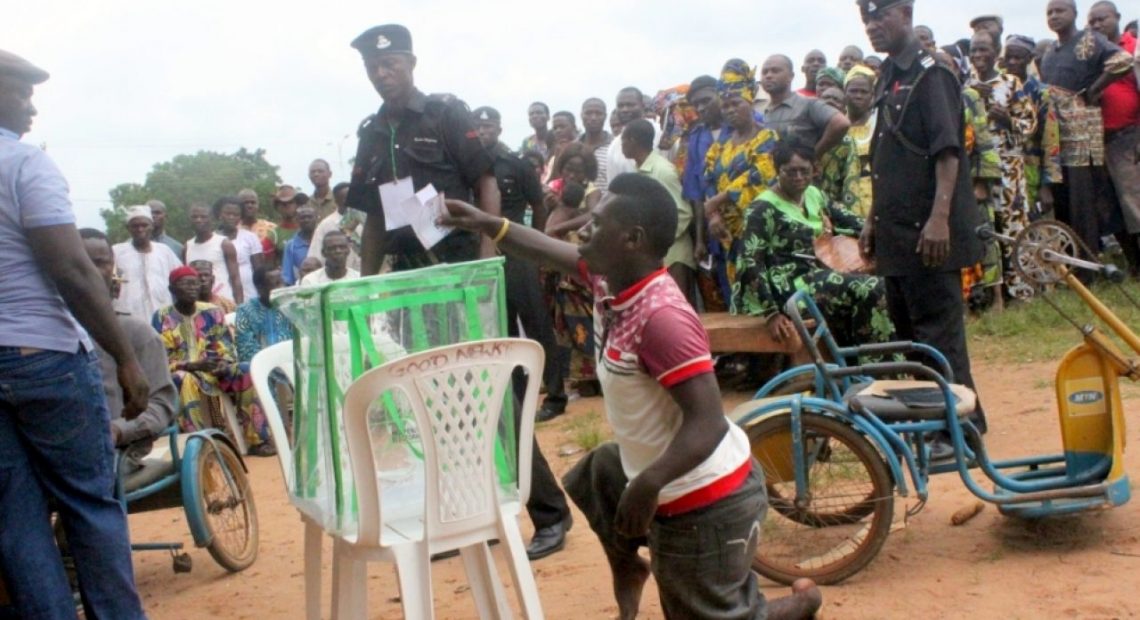

Political rights such as the right to vote and be voted for and stand for elections are fundamental human rights.
Political participation is deep-rooted in the universal declaration of human rights and the international covenant on civil and political rights, which emphasises the right of every person to equal participation in public affairs, the right to vote and to be elected, and the right to have access to public service.
Also, article twenty-nine of the convention on the rights of persons with disabilities states the rights of persons with disabilities to participate in political and public life without discrimination and on an equal basis with others.
However, many persons with disabilities still face difficulties when trying to exercise these rights.
Multiple challenges related to accessibility of polling stations and information material and discrimination are part of the hindrances faced by persons with disabilities.
The country’s size and continued infrastructural challenges also complicate efforts to enjoy basic electoral rights by many of these marginalized citizens.
It is in the light of this that persons with disability in the country called on the government to enact policies that will include them in the electoral process.
The Executive Secretary, Nigeria Disability Rights Commission, Mr James Lalu said persons with disabilities needed to be included in the policies and programmes of political parties and given elective position in their parties.
Mr Lalu explained that the challenges faced by persons with disabilities in getting involved in party politics has limited their opportunities for contesting elective positions in the country.
According to the World Health Organisation’s 2011 report on disability about twenty-five million Nigerians live with a disability.
In January last year, President Muhammadu Buhari signed into law the Discrimination against Persons with Disabilities Prohibition Act, 2018.
The law prohibits discrimination on the basis of disability and imposes sanctions including fines and prison sentences on those who contravene it.
It is gratifying that the discrimination against persons with disabilities prohibition act has been signed into law but this is a first step in the realization of the country’s obligations under the United Nations convention on the rights of people with disabilities.
Effective measures to guarantee its full implementation must be put in place to ensure equal treatment and participation of people with disabilities across the country.
It behooves political parties to be aware that people with disabilities are important part of the electorate and they should aim to create a culture of political participation on equal terms.
Political parties should demonstrate commitment to making political life more diverse and representative of the population by encouraging persons with disabilities to contest for election and offering them, without discrimination, electable positions.
Political parties can play an essential role in tackling lack of awareness and encouraging active participation of persons with disabilities by raising awareness on the importance of inclusion and participation of all, without discrimination, in political life.
In addition, accessibility of public buildings and information about electoral processes, voting procedures and political programmes need to be guaranteed to allow participation of all.
Aside from aforementioned, visibility of persons with disabilities in electoral debates in the media should also be encouraged.
Fawzeeyah Kasheem